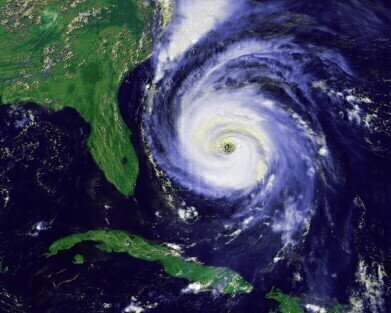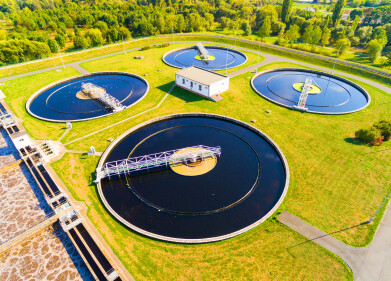Water/Wastewater
How Are Hurricanes Rated?
Sep 08 2016
Florida has been free of hurricanes since Hurricane Wilma in 2005. It caused billions of dollars of damage to the state, and caused over 50 deaths. Wilma was rated as a category 5 hurricane, and Florida has since been untroubled. Enter Hurricane Hermine. Florida has declared a state of emergency as Hermine has been upgraded from a tropical storm to a hurricane. What is the difference between the two? Where do the categories come in? And how are they determined? Read on for a guide to hurricane ratings
Upgrading a storm
A tropical storm and full blown hurricane are part of what’s called a ‘tropical formation’. It’s the formation of a storm – how it forms and progresses. It actually has three stages:
- Tropical depression – thunderstorms with sustained circular wind speeds below 39 mph
- Tropical storm – the circular wind (cyclone) picks up speeds of between 39-73 mph
- Hurricane – wind speeds of above 74 mph upgrade the storm to a hurricane
Hurricanes
Once the wind speeds are above 74 mph, the hurricane becomes classified by the Saffir-Simpson Hurricane Scale. It’s essentially a continuation of what we have above. The 1-5 rating scale is based on wind speeds alone. When a storm is upgrades, it becomes a category 1 and progresses upwards as the wind speed rises:
- Category 1 – 74-95 mph
- Category 2 – 96-110 mph
- Category 3 – 111-129 mph
- Category 4 – 130-156 mph
- Category 5 – 157+ mph
One of the benefits of these categories is that they allow scientists to list associated effects for each level. So when saying a hurricane is category 2, for example, people will know to expect roof damage, power loss and the destruction of weak structures like sheds and shallow-rooted trees. Once a hurricane reaches category 3, it is classed as major. The wind begins to destroy homes and inflict catastrophic damage on the area.
Meteorological technology
The more we know about hurricanes and other weather based hazards, the more we can prepare for them. It’s why there is so much importance placed on research and the newest technology. Meteorological Technology World Expo showcases some of the latest climate and weather based technology. The innovative technology on offer can provide the tools for the newest ground-breaking research. 2014 was a huge year for the show, with over 2500 visitors in Brussels. ‘Whatever the Weather – Meteorological Technology World Expo Flooded with Visitors’ reviews one of the most successful events for development of meteorological technology.
Image Credit: Wikimedia
Digital Edition
IET 34.2 March 2024
April 2024
Gas Detection - Biogas batch fermentation system for laboratory use with automatic gas analysis in real time Water/Wastewater - Upcycling sensors for sustainable nature management - Prist...
View all digital editions
Events
Apr 30 2024 Melbourne, Australia
Apr 30 2024 Birmingham, UK
May 03 2024 Seoul, South Korea
May 05 2024 Seville, Spain
May 06 2024 Minneapolis, MN, USA


















